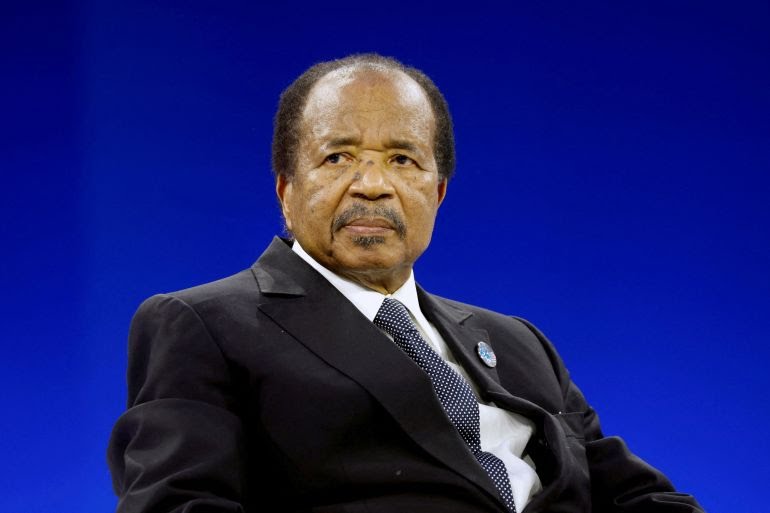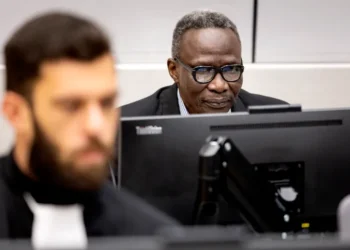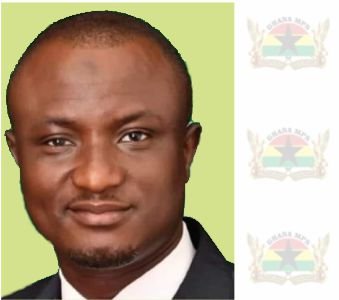Cameroon’s presidential race has taken an unprecedented turn, with a record-breaking 81 candidates submitting their applications ahead of the October 2025 election.
The country’s electoral body confirmed that the deadline passed at midnight on Monday with the highest number of applications ever seen in the nation’s political history.
Among those vying for the top seat are familiar names returning to the political arena for another shot at power. Bello Bouba Maïgari, who earlier this year cut ties with President Paul Biya, has entered the race for a second time in his career. Maurice Kamto and Cabral Libii, also former Biya allies, are back in the race with new party affiliations.
Despite the impressive number of contenders, women remain vastly underrepresented.
Out of the 81 applicants, only seven are women, including Eliane Véronique Eboutou, and independent candidates Mbengono Zouame Epse Ndzie Ngono Guyleine and Géneviève Zeh Amvene.
As for the men, one name towers above the rest: Paul Biya. At 92 years old, Biya is not only the incumbent but also Africa’s oldest sitting head of state.
Holding power since 1982, he has declared his intention to run once again, brushing aside growing concerns about his health and leadership capacity.
The President made his candidacy official on July 13, reaffirming his commitment to Cameroonians on social media. “Together, there are no challenges we cannot meet,” he wrote on X, adding, “The best is still to come.”
Biya’s move to contest the presidency again has stirred controversy both within Cameroon and abroad. Local analysts suggest that his grip on power is unlikely to be shaken through the ballot box, citing skepticism about the democratic integrity of the country’s elections.
Observers also pointed to last week’s top-level military reshuffle as a sign of Biya consolidating power ahead of the vote. Many believe the move was strategic, aiming to secure the loyalty of the army in anticipation of another term.
Despite the impressive number of applicants, the final list of eligible candidates remains pending.
The electoral council is expected to begin the screening process in the coming days. By law, the official list must be published at least 60 days before the polls.
Biya’s Longevity Meets Youth Disillusionment
The sheer volume of candidacies is being interpreted by some local media outlets as a sign of public appetite for political transformation and a fragmented opposition landscape. However, the aging President’s dominance continues to overshadow any real chance for change.
Cameroon’s economic profile adds another layer of complexity. The country is home to Central Africa’s second-best performing economy, but wealth disparity remains a significant issue.
Roughly one-third of the population lives on $2 or less daily, and eight in 10 workers are in the informal sector, according to a 2023 report by the National Statistics Institute.
In this climate, disillusionment is rife, particularly among the youth. With a median age of 18 and average life expectancy at 63, many young Cameroonians say they feel alienated by a political system led by a man who has been president since before they were born. “We stopped relying on the government for anything years ago,” said Ouandji, a 27-year-old Cameroonian.
Like many in his generation, he remains undecided about participating in the upcoming elections.
Over the years, voter turnout has plummeted. In 1992, the abstention rate was 19.6%. By the 2018 presidential election, it had climbed to 46.7%, reflecting a deepening distrust in the electoral process, especially after the 1992 contest was widely believed to have been stolen from opposition figure John Fru Ndi.
As Cameroon heads toward its most crowded presidential race yet, the key question remains whether this will spark real change or simply reaffirm a long-standing status quo under Biya’s watchful eye.
READ ALSO: Harvard University Appears In Court Over Research Grant Cuts





















